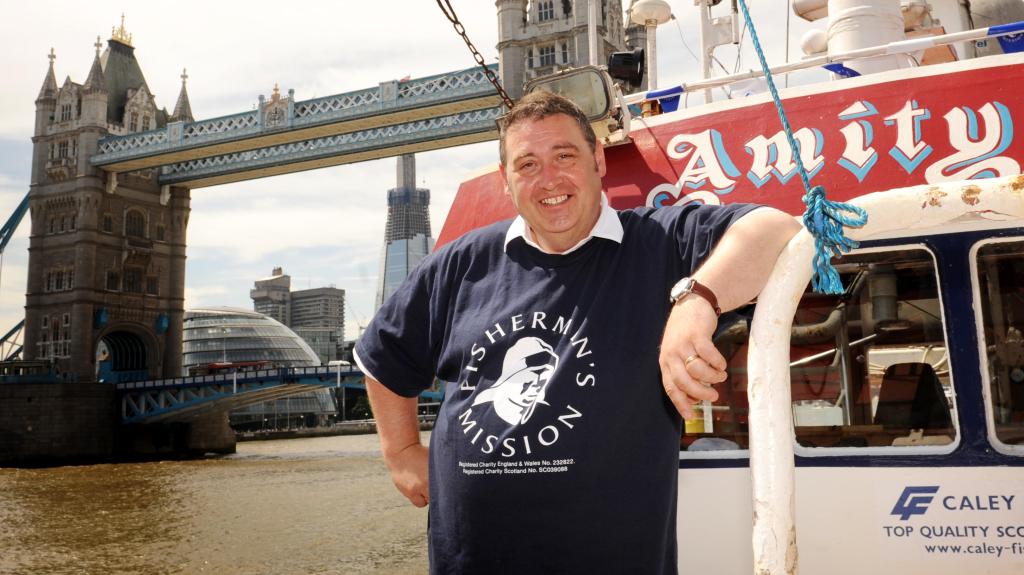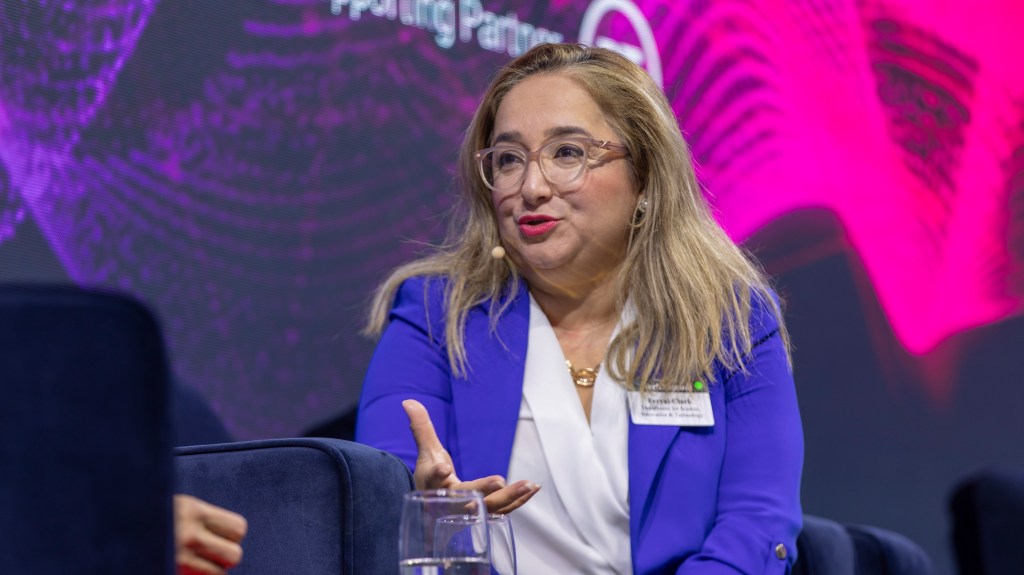Currys CEO Faces Economic Challenges Amid Sales Growth
Currys is currently promoting air fryers priced at £183.20, bean-to-cup coffee machines at £375, and drones for £499. It’s uncommon for CEOs to conclude analyst presentations with suggestions for “Christmas gift ideas 2024.”
Nevertheless, Alex Baldock, the CEO of Currys, made a significant point about distinguishing desirable products from the “unpleasant presents from the government” impacting his business. In his discussion of the half-year financial results, Baldock described Rachel Reeves’ budget as “bad for jobs, detrimental to investment,” and incredibly “damaging” to retailers. He criticized it as a “counterproductive” mix, emphasizing the lack of promised relief on business rates that has yet to become a reality. Baldock argued that these policies would inevitably lead to price increases.
Baldock’s complaints echo those of other major retailers, including Tesco, Sainsbury’s, and Marks & Spencer, all of whom have lamented the budget’s effects on employer National Insurance contributions and minimum wage changes. The overall sentiment raises questions about the Labour government’s budget, which was anticipated to benefit working citizens.
This environment has saddled Currys with a £32 million obligation. On a positive note, the company appears to be in a stronger financial position than in previous years to handle such challenges. Earlier this year, Currys defended against a £757 million bid from the Elliott hedge fund at 67p per share, which now seems an undervalued approach.
Excluding the resurgence attributed to COVID-19 electronics sales, Baldock reported that, for the first time in six years, Currys is experiencing sales growth in the UK, with a year-on-year increase of 5 percent. This was somewhat offset by a 2 percent revenue drop in the Nordics, which is now rebounding “despite a challenging consumer landscape.” Adjusted operating profits surged 52 percent to £41 million, with free cash flow rising from £4 million to £50 million year-over-year, though Currys still faced a £10 million pre-tax loss after accounting for finance and other expenses.
Baldock identified factors driving sales growth, including an increasing interest in AI laptops, where Currys holds over 75 percent of the UK market, and a remarkable 400 percent rise in demand for super-sized TVs that necessitate home extensions. Furthermore, he noted that targeting small businesses, which represent 80 percent of the consumer market size but where Currys has a minimal market share, offers significant potential for growth. He emphasized the need for products like phones for plumbers and washing machines for landlords.
Looking ahead, Baldock believes Currys is set to return to dividend payments by the next update in July, supported potentially by reduced pension contributions following a recent review. Shares responded positively, climbing 17 percent to 92p.
The overall picture for Currys appears bright, even if Baldock wishes for less fiscal pressure from government policies.
Caution Advised
While many companies excel with newfound financial opportunities, De La Rue has been historically less fortunate in capitalizing on such prospects until recent changes in leadership. Following the dismissal of former chairman Kevin Loosemore, who did not meet shareholder expectations, Clive Whiley took over and quickly recognized the potential for selling the firm’s authentication division to Crane NXT for £300 million in cash.
Whiley is now in discussions with Edi Truell of Disruptive Capital, but these talks are not for a complete acquisition; Truell is instead interested in acquiring up to 40 percent at a price above the current market rate. However, he will require permission from the Takeover Panel for this due to his intention to obtain a significant stake.
Despite the global shift towards cashless transactions, Truell sees growth opportunities in markets like Africa, where De La Rue recently secured a significant contract in Libya. He believes he could also address the retirement fund deficit at De La Rue, a crucial aspect for company restructuring.
Nevertheless, investors may be hesitant to provide Truell with a critical stake when a formal acquisition could emerge from competitors like CCL Industries or Germany’s G+D. Notably, four major shareholders, including Crystal Amber, exert substantial influence over the company’s fate.
Volex Withdrawal
Abandoning a proposed £249 million bid is a complex decision, especially for Volex chairman Nat Rothschild, who initially charged TT Electronics with several criticisms. After reassessing the situation over the last month, Rothschild may have determined that the challenges presented by TT were more significant than anticipated. Following Volex’s announcement to withdraw its bid, shares rebounded by 6 percent to 303p.
In contrast, TT Electronics now must substantiate its confidence in the “medium-term financial framework” to avoid further scrutiny. Failure to meet performance targets may prompt Rothschild to reconsider a bid in the near future.




Post Comment